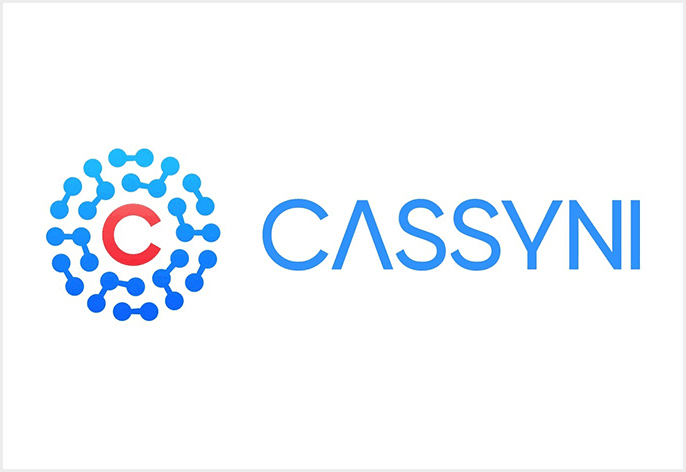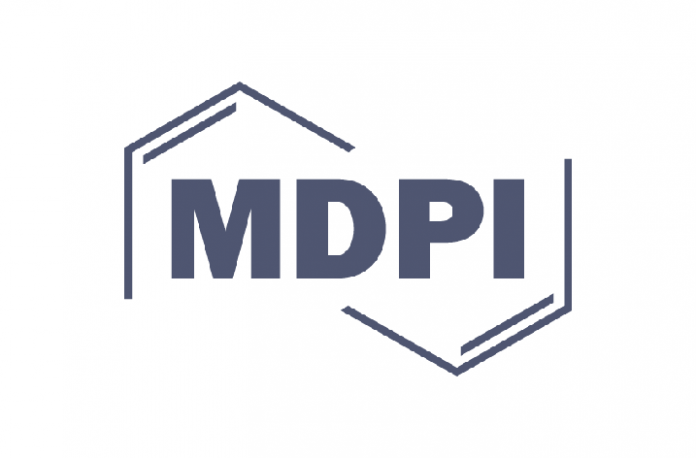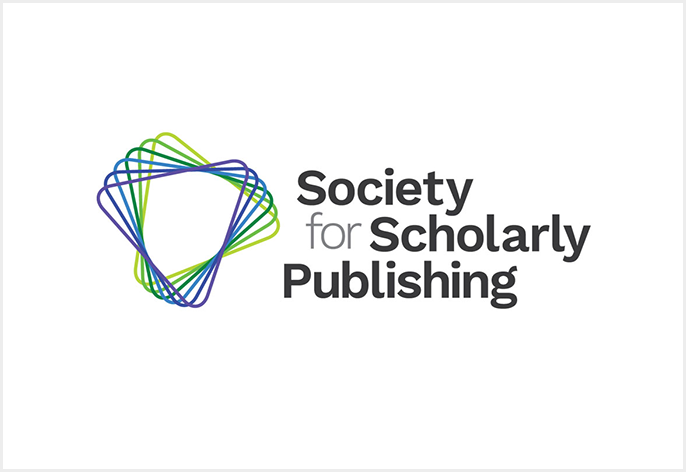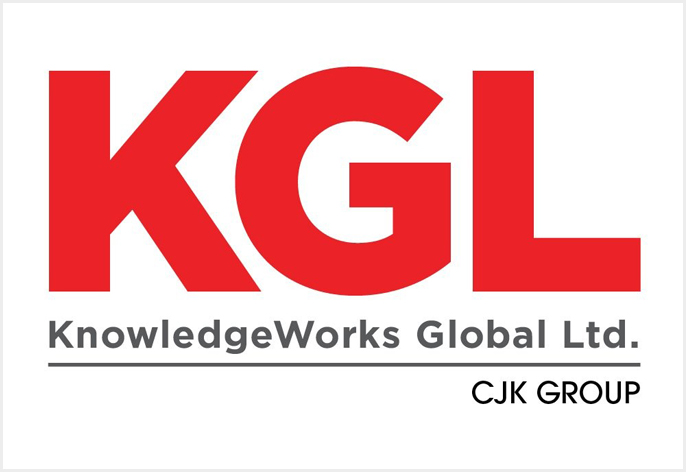The American Society for Microbiology (ASM) has launched on the ChronosHub platform, enabling the first ASM authors to use ChronosHub’s manuscript submission service. The ChronosHub platform allows ASM authors to submit their manuscripts quickly and easily, using the platform’s AI metadata extraction to reduce manual work, while benefiting from guidance for funder policy compliance and APC quotation, including discount and waiver eligibility during submission.
The platform also verifies, corrects, and enriches the metadata it extracts by matching it against identifiers, thereby solving issues upstream and avoiding unnecessary manual work later in the process. After the submission is processed, ChronosHub sends the manuscript and all the metadata to ASM’s peer review system, eJournalPress.
“Our team at ASM has worked closely with the ChronosHub team to have our submission forms configured in line with our requirements – that is never an easy task,” says David Haber, Publishing Operations Director. “For this set up, both parties have also worked closely with the team at eJournalPress, to make sure submissions done on ChronosHub can be ingested into our peer review system. It’s been a labour of love but we’re very excited to see our first journals launch, with others following soon.”
“We’re very excited to have ASM as the second publisher to go-live with our submission service,” says Christian Grubak, CEO and founder of ChronosHub. “It’s been an exciting journey and we’re looking forward to extending this service to others soon too.”
The American Society for Microbiology is live on ChronosHub with submissions for ASM Case Reports and the Journal of Clinical Microbiology. The service will be expanded to other ASM journals throughout the rest of 2025.































